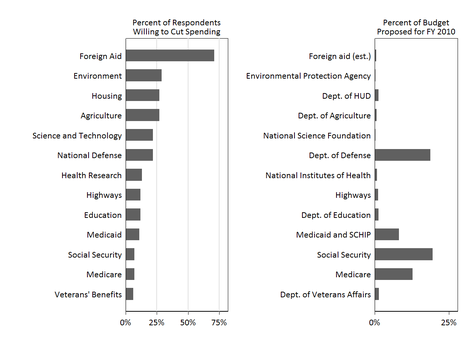Overview
Gametag — is a term that I created to describe the use of #hashtaqs in contests or simple word games played on Twitter, and other social networks that support such tags.
Sometimes I, my friend @lizzWinstead, or some other Twitter addict will create a tag and put it out there and see if others will find it amusing and join in by tweeting some quip, definition, remark, or other form of "submission" to the #gametag stream.
Most often, these are just for fun, and tossed out at random, but there are many people who are addicted to creating them in hopes that they will become a "Trending Topic" (#TT), and get listed in Twitter's search interface. Some try to make this happen to promote an event or product (but these are usually obvious, rarely much fun, and often fail to gain much traction).
A popular gametag can be followed—or at least noticed—by thousands, even millions of people on social networks.
Many gametags are based on a breaking news event, such #balloonBoy or #StupaksNewJob, but the majority of them are predicated on some amusing premise such as #TeabaggerMovieTitles, #3wordsAfterSex, or #4WordStories.
For example, #TeachOlbermann was a new gametag I created to teach new Tweep, Keith Olbermann what people think he should know about Twitter—or the politics, culture, allure, or hazards thereof. About 1% of them were serious, and the rest merely funny—or trying hard to be.
Note: You never know with tags. Sometimes they soar, and become a "trending tag," and at other times they're just dog tags and die a quick death).
Some Recent Gametags
Note: These may be removed from Twitter by the time you read this.
